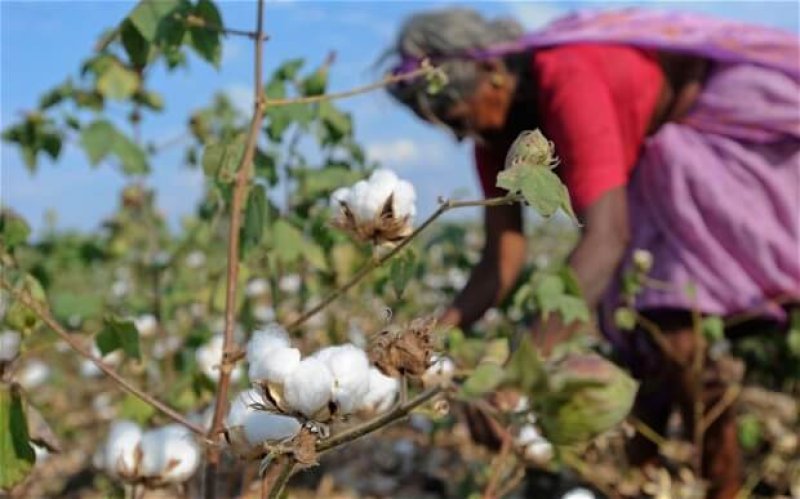It is, thus, worrisome that a scientist of his stature (and his radiation scientist co-author P.C. Kesavan) has now been taken in by the spurious claims of the anti-GMO movement.
First, Swaminathan and Kesavan say that recombinant DNA technology …. involves the insertion of foreign DNA at random locations in the host organism’s genome …. However ….[w]hen scientists generate new GM crops, only plants that appear to behave and grow the same as non-GMO counterparts are selected …. Even more importantly, random off-target mutations are even more common in conventional breeding techniques ….
…
Today, India’s agriculture sector is facing enormous challenges …. The looming impact of climate change further threatens farm productivity, which has failed to keep up with our growing population.
Fortunately, Indian science …. has a vast breadth of agricultural and biotechnological expertise that could be harnessed to tackle these challenges …. However, the current regulatory climate makes their work nearly impossible to perform in India …. and biased academic reviews …. do nothing to help solve the problem.
Read full, original article: MS Swaminathan and his co-authors are not helping Indian farmers at a moment of crisis































